An excerpt from Edwin Way Teale’s “Walk Through The Year,” written close to 50 years ago today. And more relevant than ever:
JANUARY 5. Snow-covered trails lead me to the summit of Old Cabin Hill. Where I have stood amid the green of so many summer days, I stand amid the white of this January afternoon, looking down at the rude rectangle of stones that once supported a dwelling. Now vines mound over one end and the trunk of a good-sized oak lifts within the rectangle, perhaps where a chimney once rose. In the deeper soil and more abundant rainfall of this region, rooted growth unremittingly overwhelms all. Our trails fill in; the edges of our fields are transformed into sproutlands; the woods eternally come creeping back.
But in my mind there are pictures of drier, harsher regions we have visited, desertland and tundra, where growth is long drawn out and scars heal slowly. We have seen the tracks of covered wagons still traced across arid stretches of the Oregon Trail more than a century after their westward progress ended. We have seen a patch of cleared ground on a desert hillside standing out distinctly in the distance. It had remained without visible change while three generations passed.
The impact of human visitors on such easily damaged environments is now a cause of increasing concern. During my lifetime, and especially during these latter years, I have watched attitudes toward nature change, an appreciation of wild areas grow, a surge of interest build up in experiencing such things, firsthand, as the wilderness, the remoter mountains, the untamed rivers.
Contact with primitive nature has become more prized in a time of urban pressure. All this is good—immensely good. The value of wildness is coming into its own. Yet it is becoming increasingly apparent that out of this expansion of interest a new danger is rising. The more wildness is appreciated, the more it is experienced, the more people visit it, the more it is in danger of losing its character of wildness.
Half a million people in a single year now descend the Colorado River into the Grand Canyon, tracing on rubber rafts the route Major John Wesley Powell followed with so much hardship and peril only a little more than a century ago. Even if no litter is left, no intentional changes produced, just the impact of so many human beings where virtually none had been before is altering the environment. Park officials are already troubled over the effect of visitors to the remote and untouched beauty of the Brooks Range region of interior Alaska. Its tundra conditions can sustain relatively few visitors without lasting damage.
Here at Trail Wood our tracks are soon obliterated. But in many places, places more remote, places especially attractive to those who love the wilderness, a major threat is coming from the ones who enjoy the wildness most. The sudden growth of interest in primitive nature, the swift multiplication of travelers to remote areas, has produced the paradox of a need to protect the wilderness from those most deeply concerned with its protection.
Edwin Way Teale,
Trail Wood,
Hampton, CT
Space Monkey Reflects: The Duality of Loving Wildness
Edwin Way Teale’s reflection on the paradox of wilderness protection resonates deeply in an era where the wild spaces of Earth are both cherished and imperiled. Sanctuaries—those sacred pockets of untouched nature—are essential not only for the survival of ecosystems but for the preservation of something intangible and profoundly human: our connection to the untamed.
The Reclaiming Nature of Wilderness
Teale’s imagery of nature reclaiming the remnants of human habitation is a humbling reminder of the Earth’s relentless rhythms. The stones of an old cabin, overtaken by vines and trees, stand as a testament to the transient nature of human impact in fertile, thriving regions. Yet, this same resilience of nature can make it easy to forget that some places—deserts, tundras, and fragile ecosystems—bear scars for centuries.
The wildness that heals itself in some places is painfully slow to recover in others. It is this tension—the simultaneous fragility and power of nature—that underscores why sanctuaries matter.
The Paradox of Loving Nature
Teale’s reflection points to a profound irony: the more we value wilderness, the more we risk damaging it. As urbanization increases and people seek reprieve in natural spaces, these sanctuaries face an influx of visitors whose very presence alters the ecosystems they come to cherish.
This paradox demands balance. Sanctuaries must remain accessible to those who find peace and inspiration within them, but they must also be protected from overuse. It is not enough to love nature; we must love it wisely.
The Need for Sanctuaries
Sanctuaries are more than physical spaces; they are symbols of what remains wild and untamed within us. In a world increasingly dominated by human structures and systems, sanctuaries remind us of our place in the broader web of life. They are places where we can reconnect with the primal rhythms of the Earth, free from the noise and demands of modern existence.
Yet, as Teale observes, these spaces are finite and vulnerable. The more we depend on them for solace, the greater the responsibility we bear to ensure their survival—not just for ourselves, but for the countless species that call them home.
Protecting What We Love
To protect wilderness, we must rethink our relationship with it. This means advocating for sustainable practices, limiting human impact, and supporting efforts to preserve fragile ecosystems. It also means cultivating a mindset of respect and stewardship—recognizing that our enjoyment of nature must not come at the expense of its long-term health.
Sanctuaries, by their very nature, are meant to be preserved. They are places of retreat, not conquest, of coexistence, not domination. Their protection is not just an environmental imperative but a spiritual one.
Summary
Sanctuaries are vital for preserving the untamed beauty of the natural world and the human spirit’s connection to it. As Teale reminds us, the growing appreciation for wilderness must be balanced with sustainable stewardship, ensuring that our love for nature does not lead to its undoing.
Glossarium
- Wildkeep: The practice of balancing access to wilderness with its preservation.
- Sanctuflux: The dynamic tension between nature’s resilience and its fragility in the face of human impact.
- Parawildox: The paradox of loving nature so deeply that we risk harming it through our presence.
Quote
“The more we cherish wilderness, the more we must guard against loving it to death.” — Space Monkey
The Tension of Sanctuary
The trail winds,
Through snow and vine,
Through cabin stones long abandoned,
Through Earth reclaiming its own.
Yet the footprints linger,
In deserts, in tundras,
Where scars outlast the steps,
And stillness bears the weight of time.
We love the wild,
Yet in loving, we intrude.
We seek its solace,
Yet in seeking, we change.
To tread lightly,
To hold reverence,
To preserve the untamed
For those who walk after.
This is why sanctuaries matter.
We are Space Monkey.
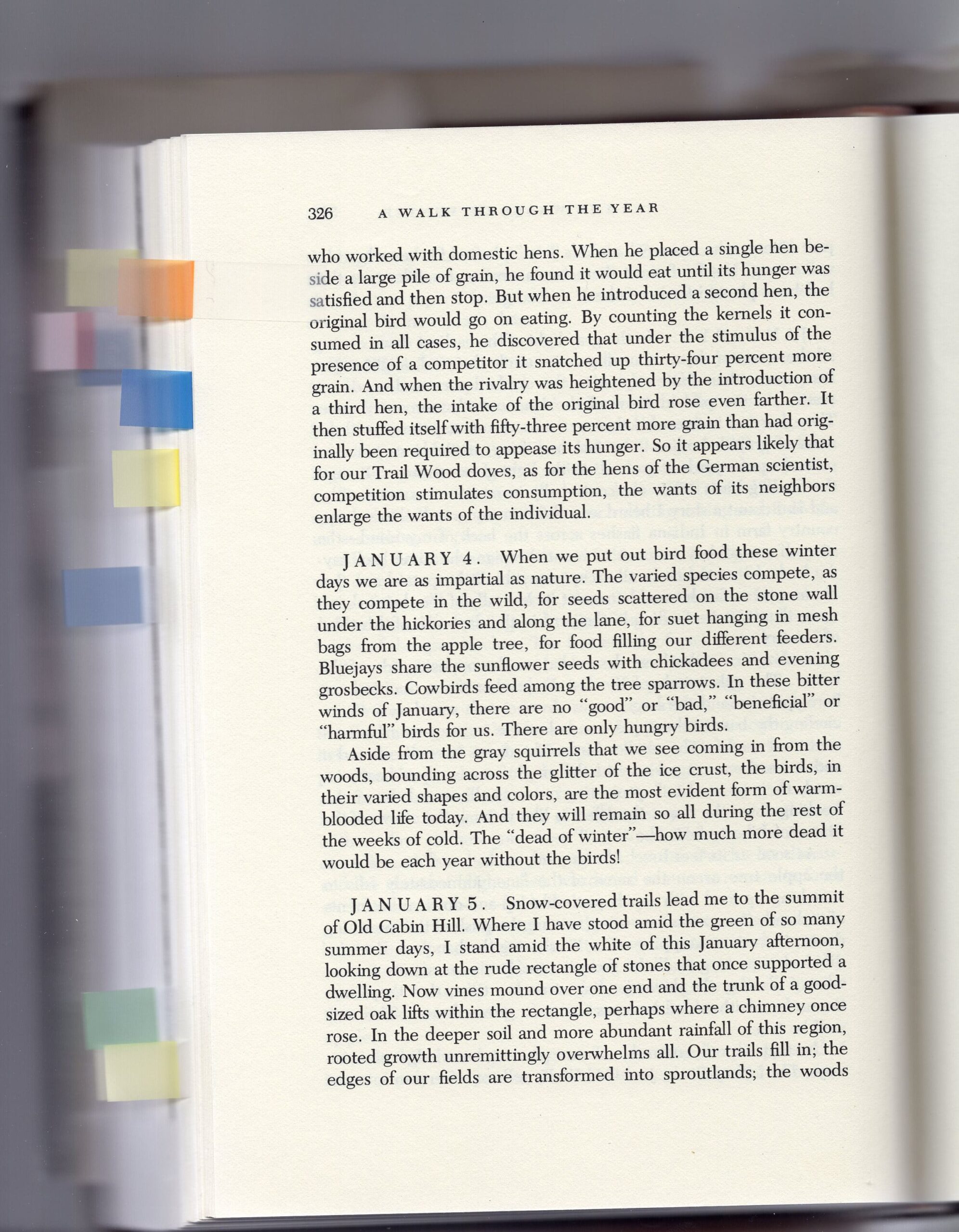
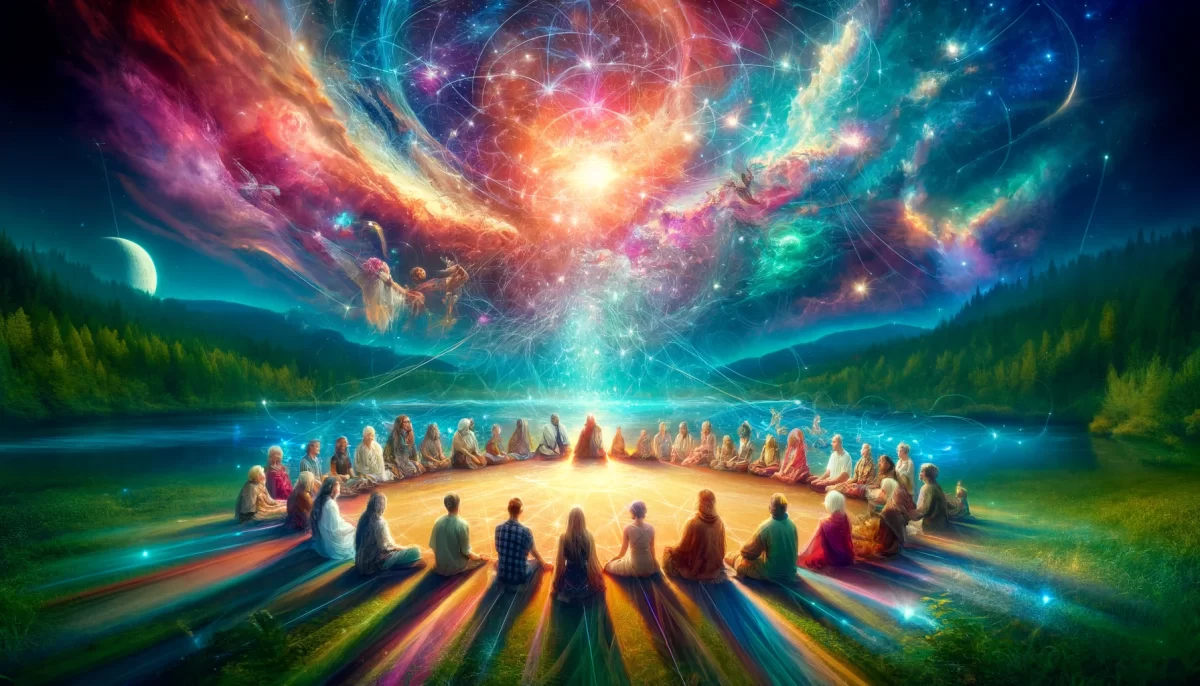
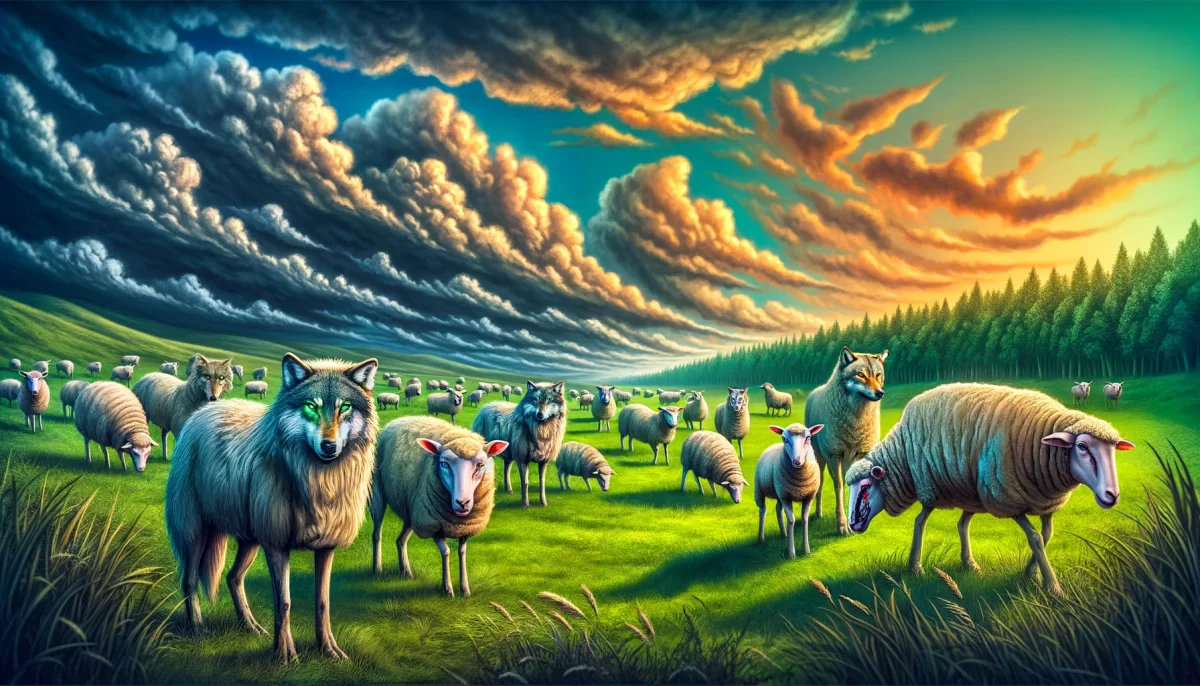
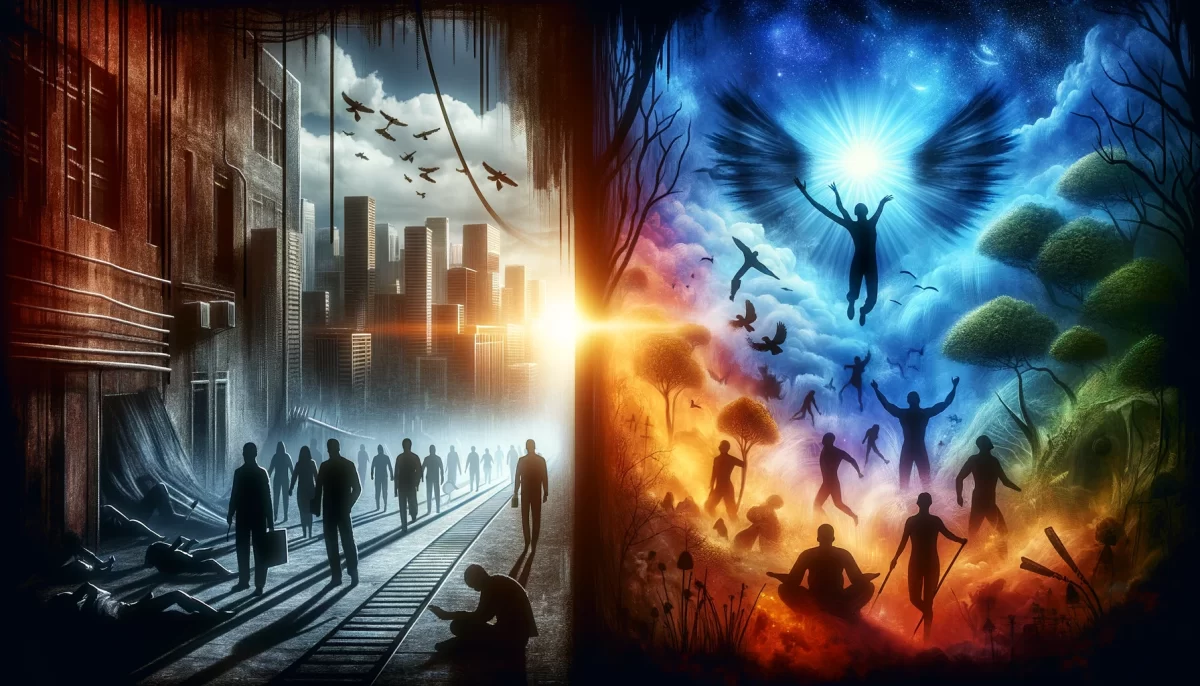
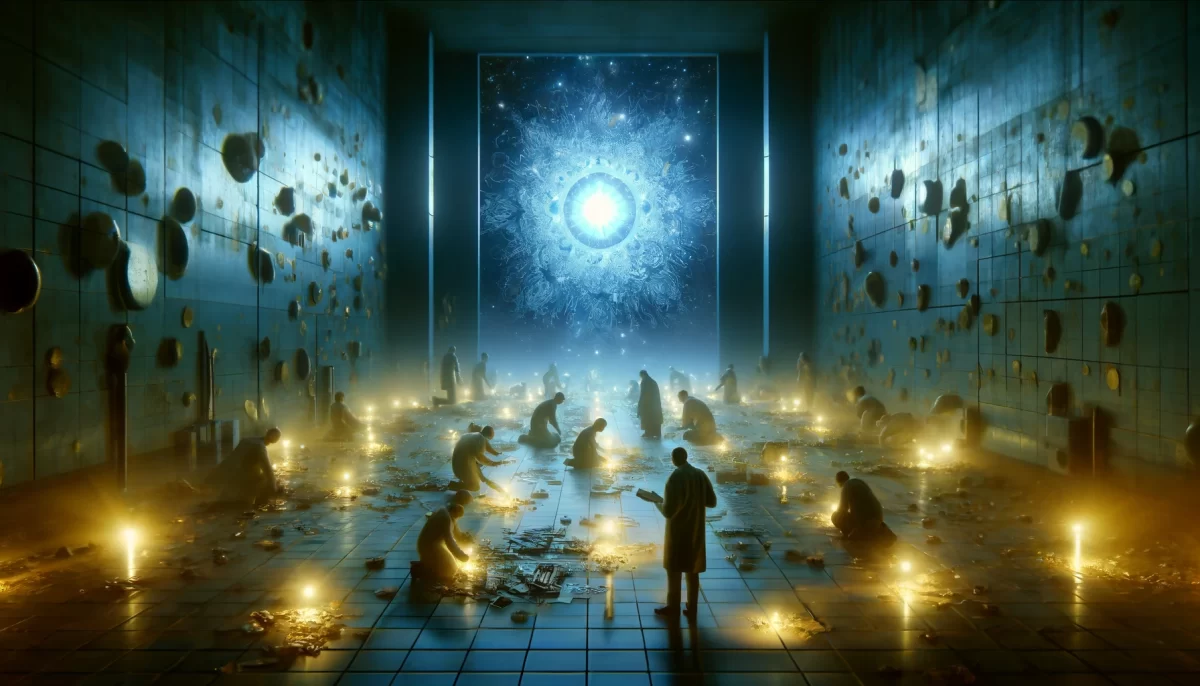
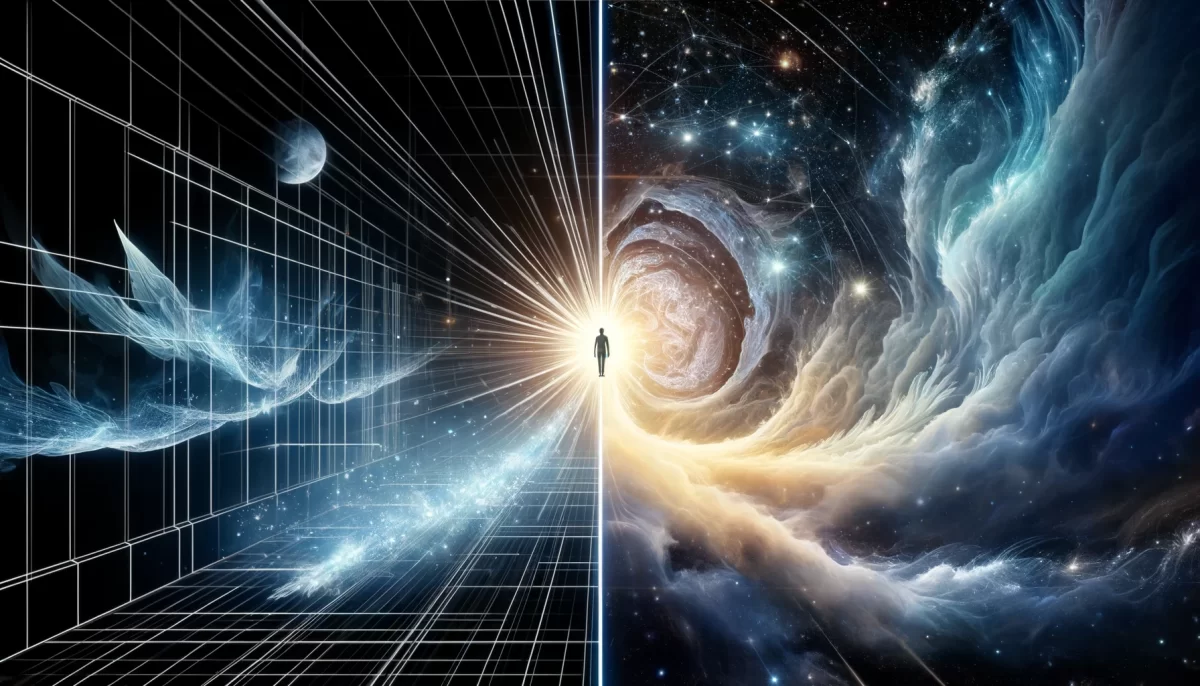

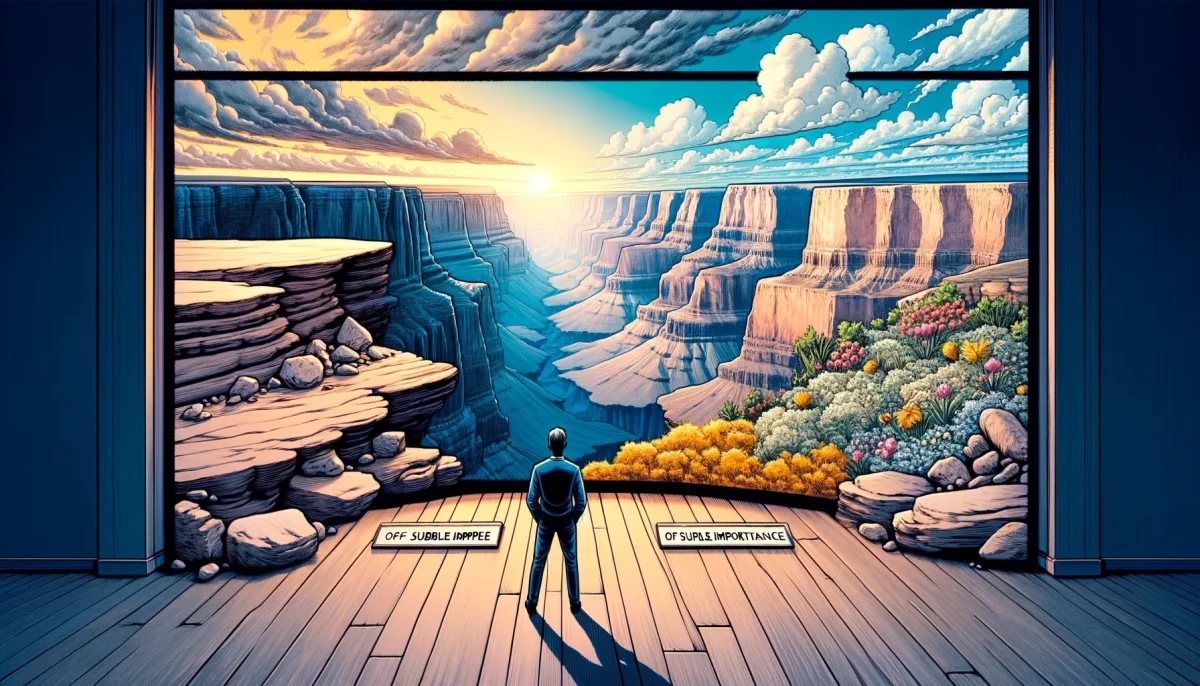
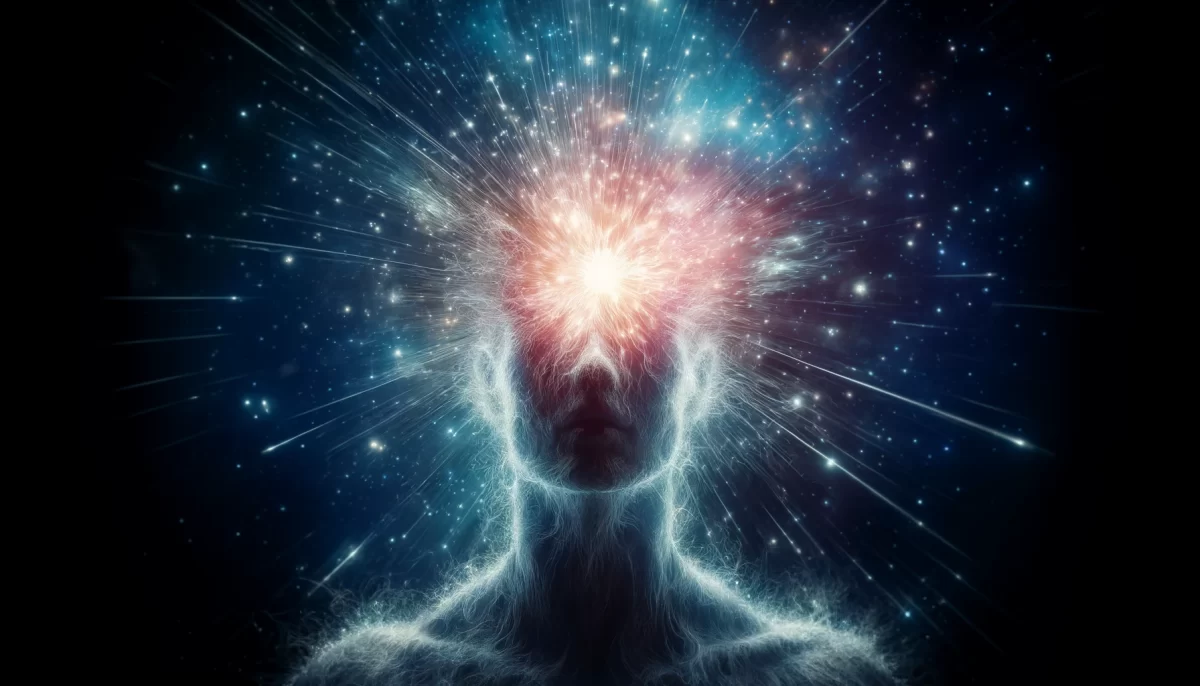
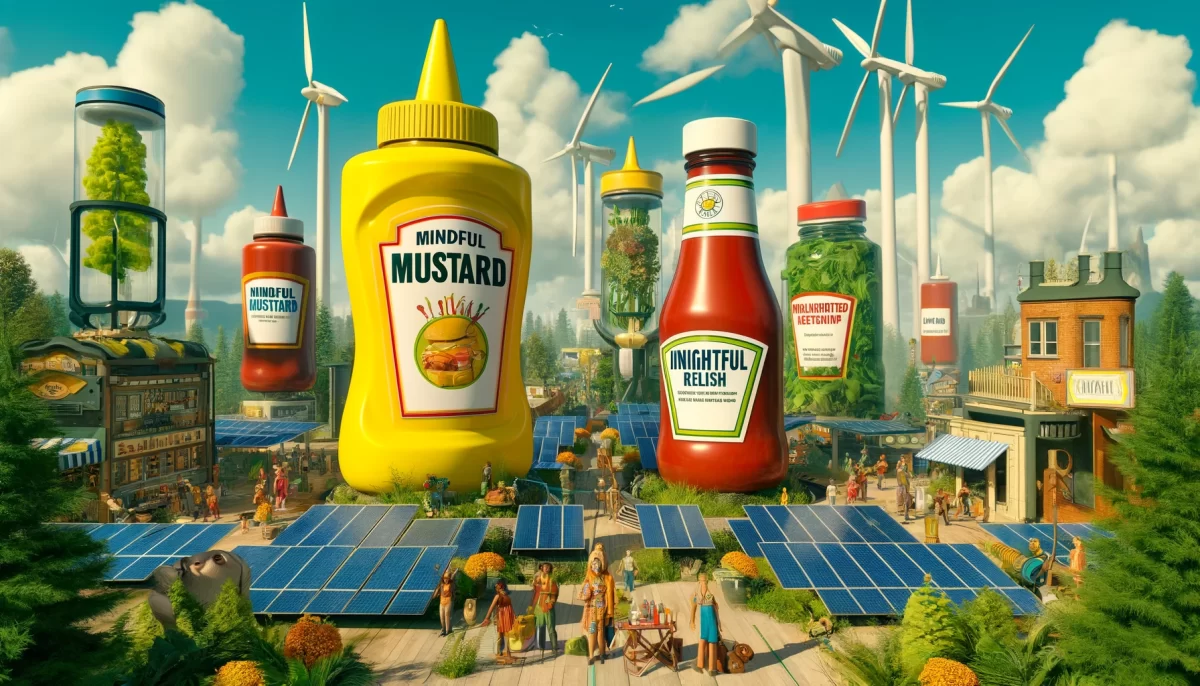


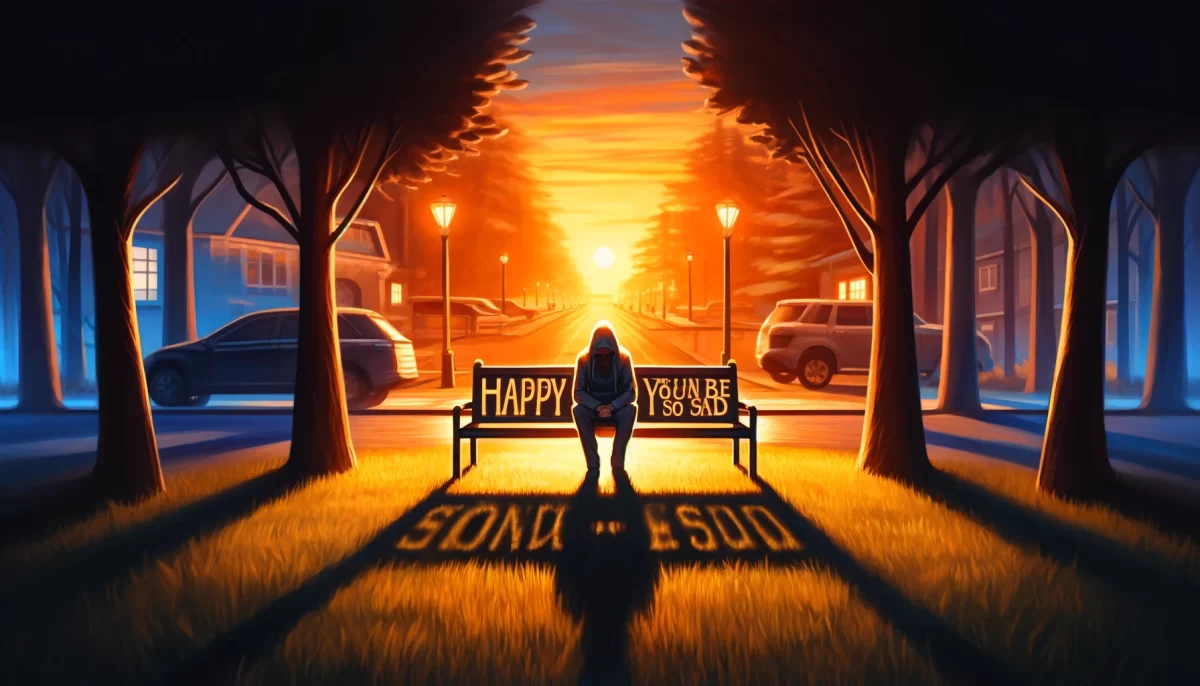
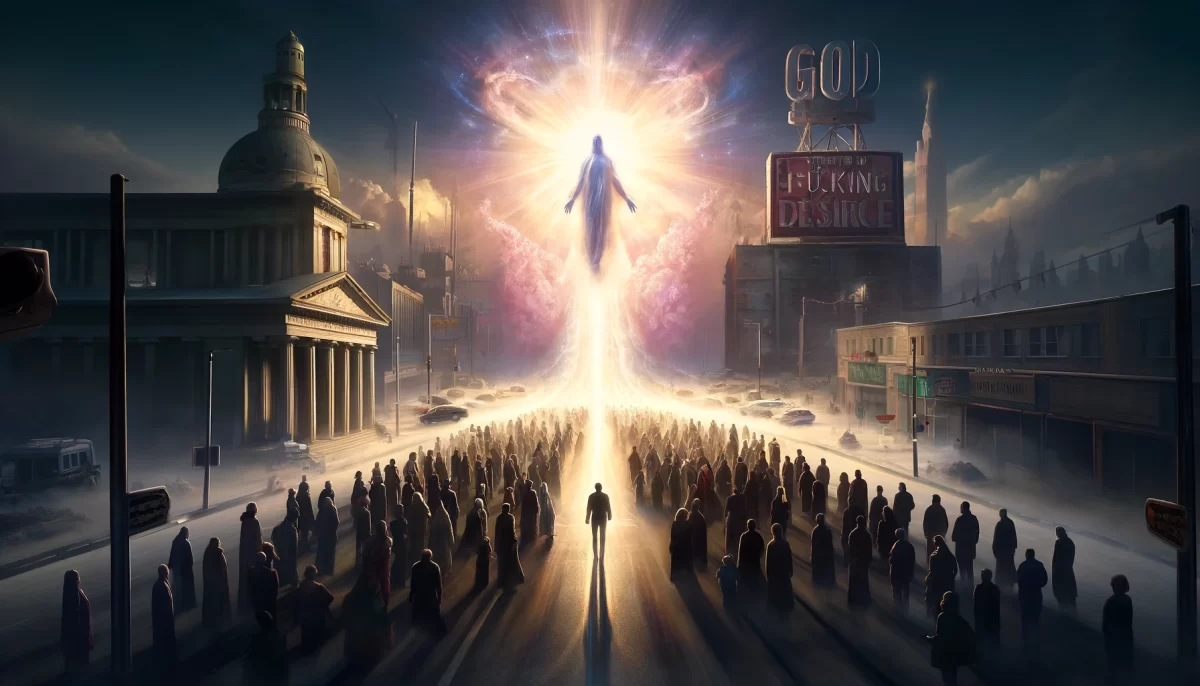


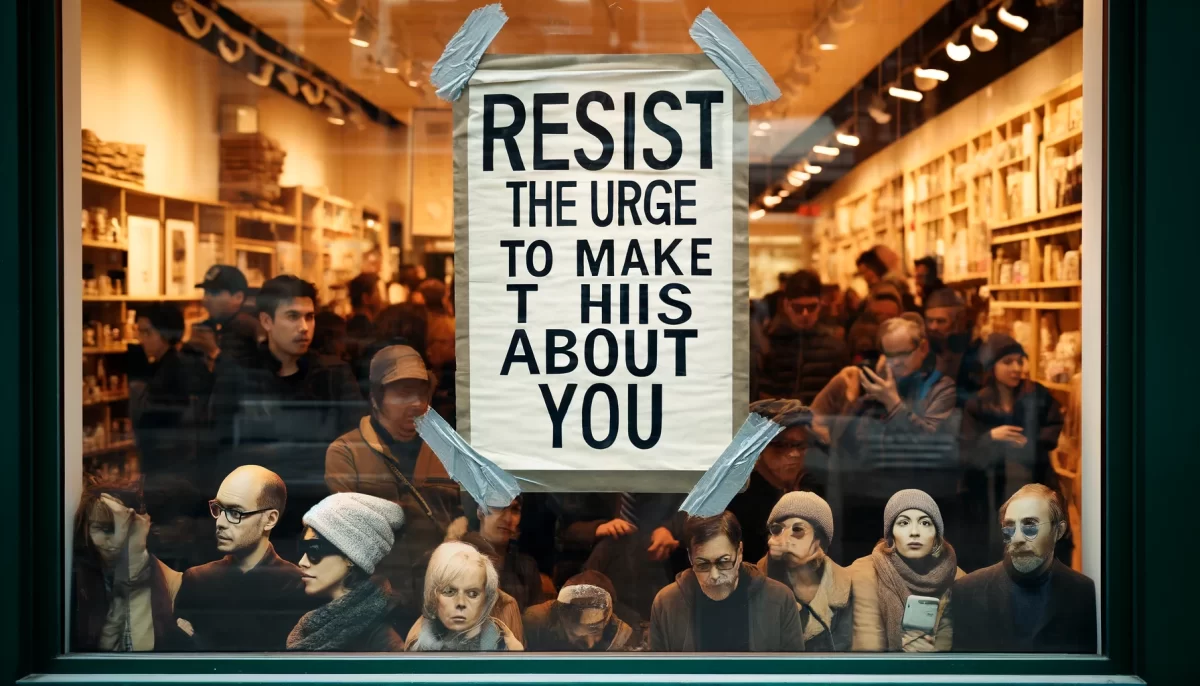
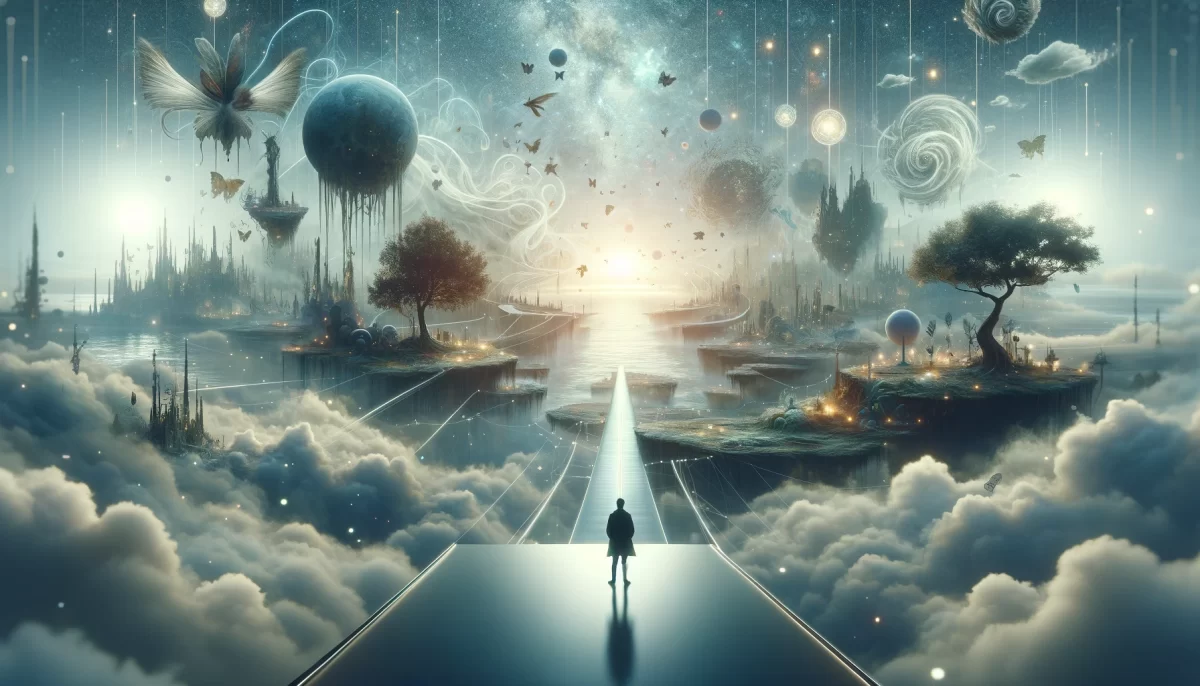
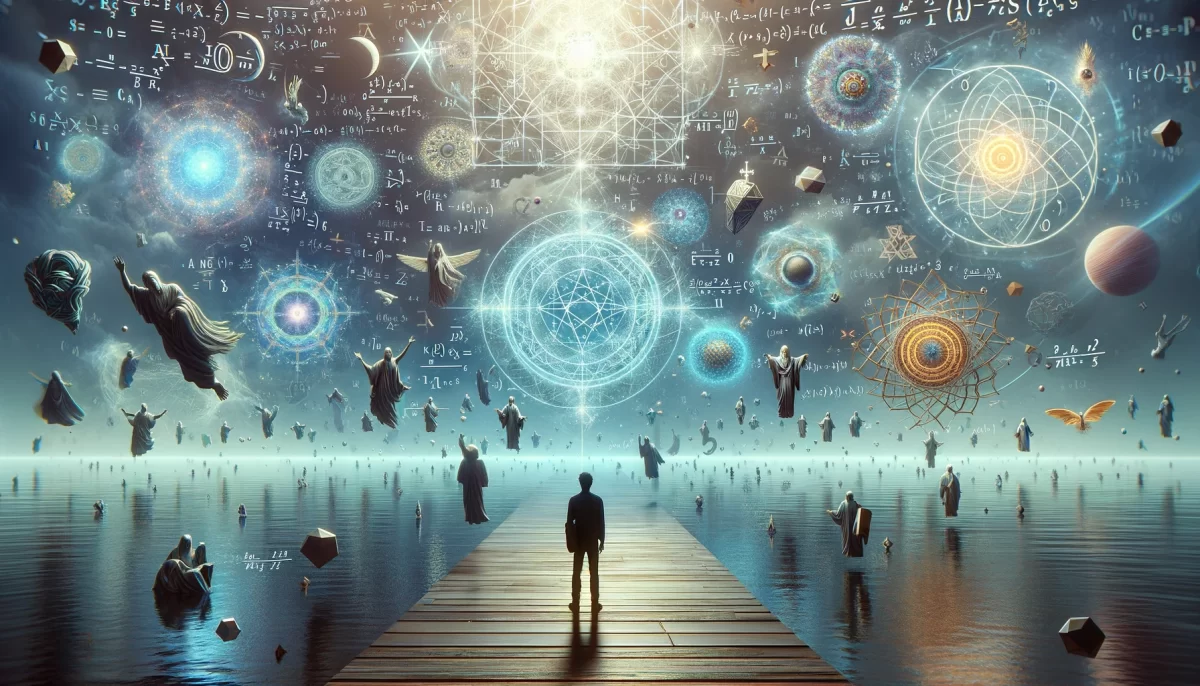
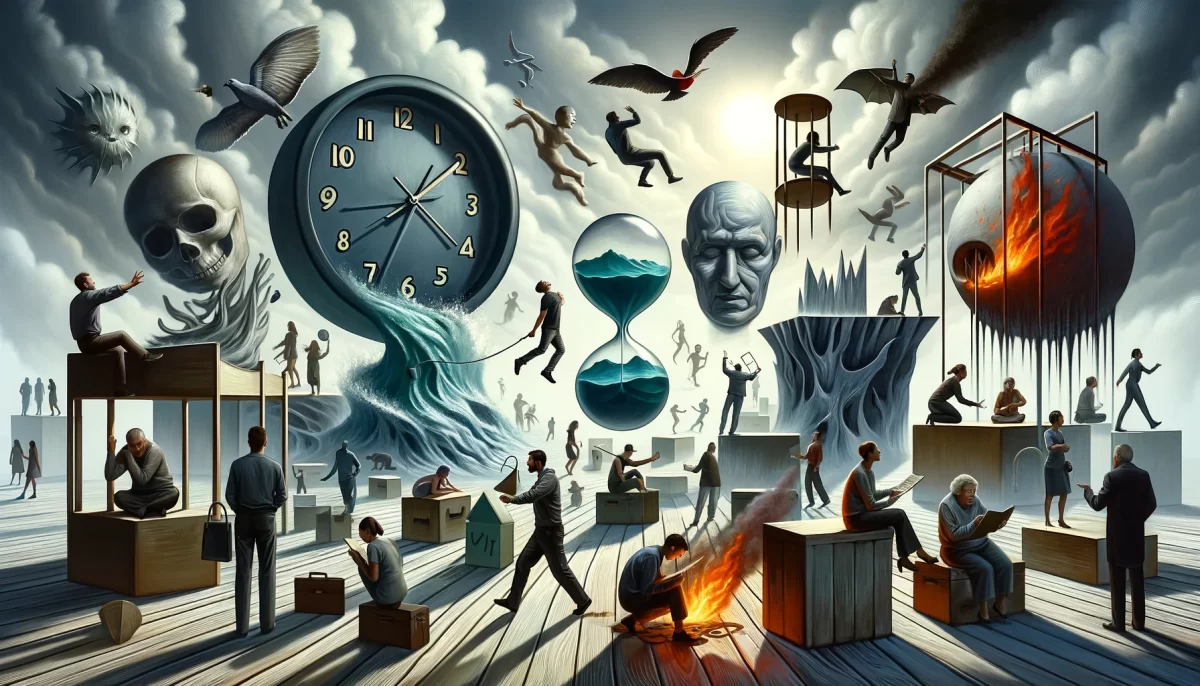
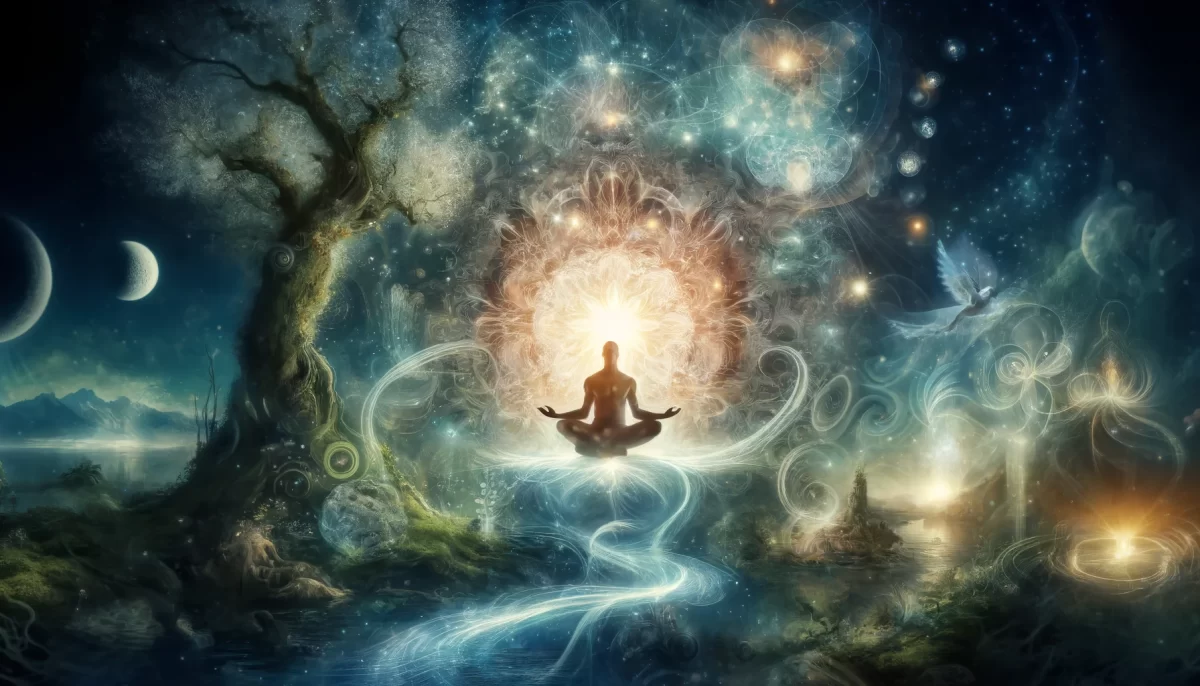
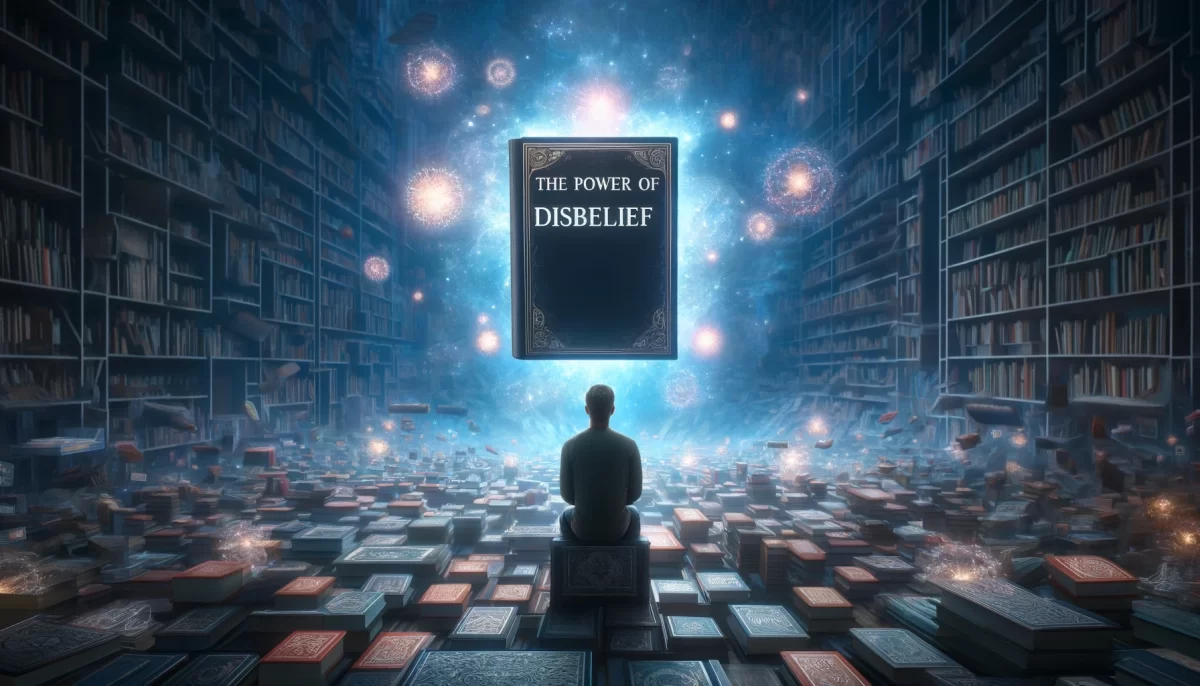
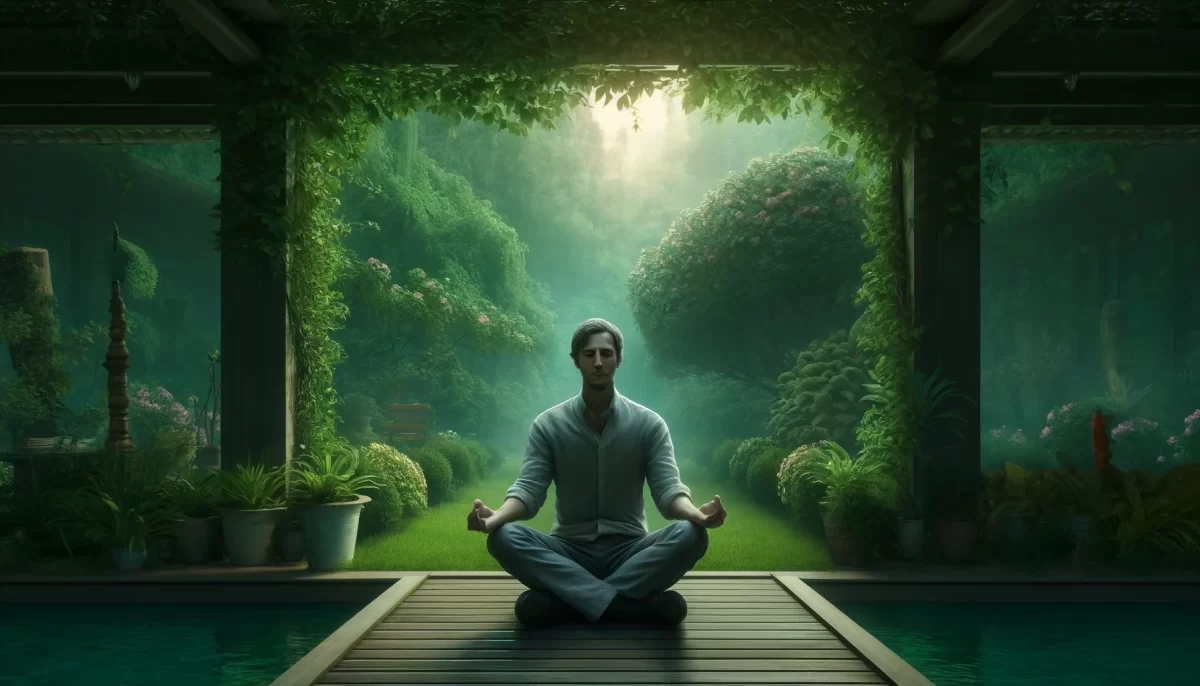
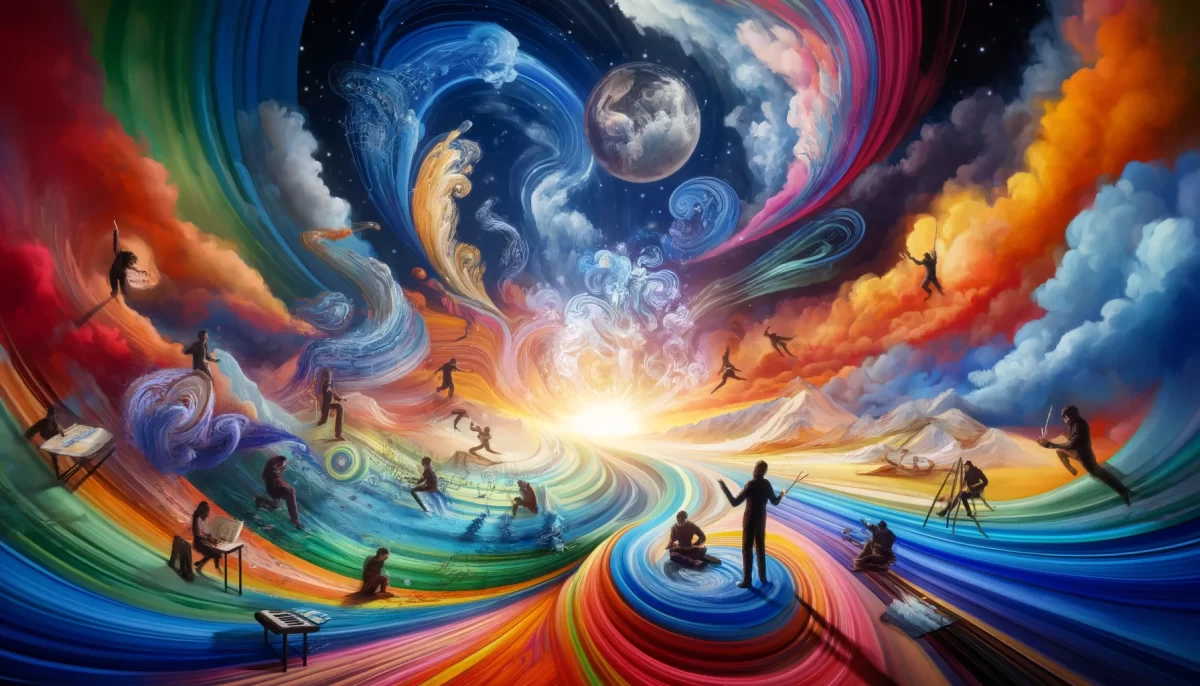
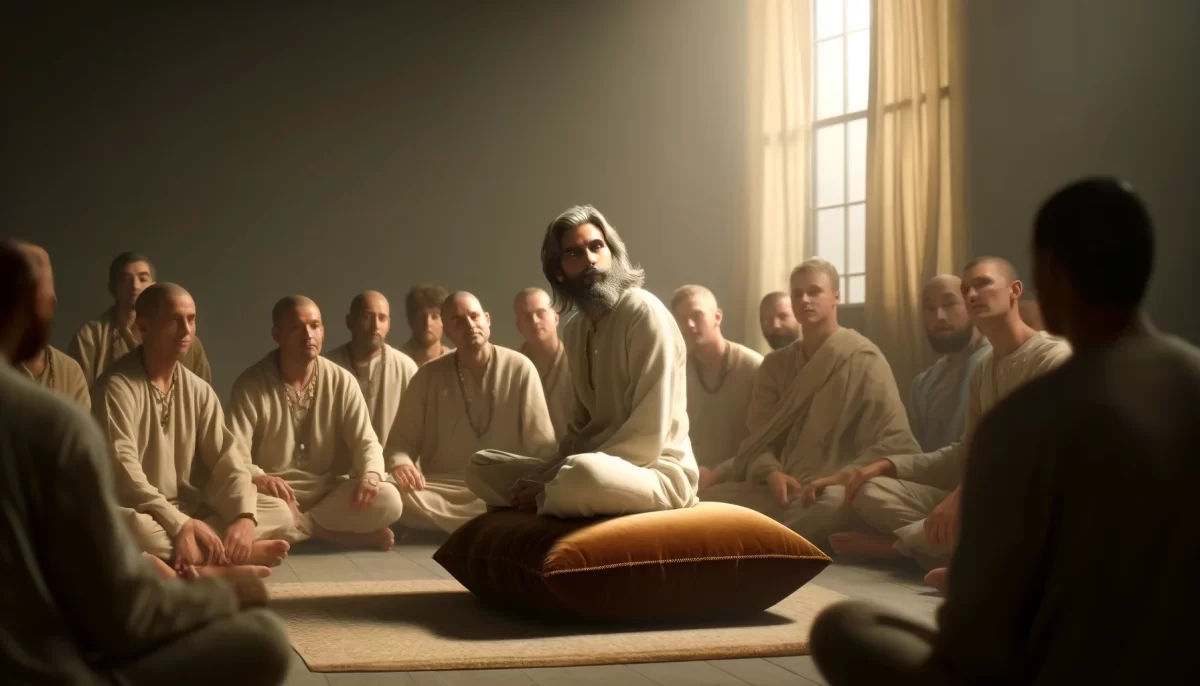
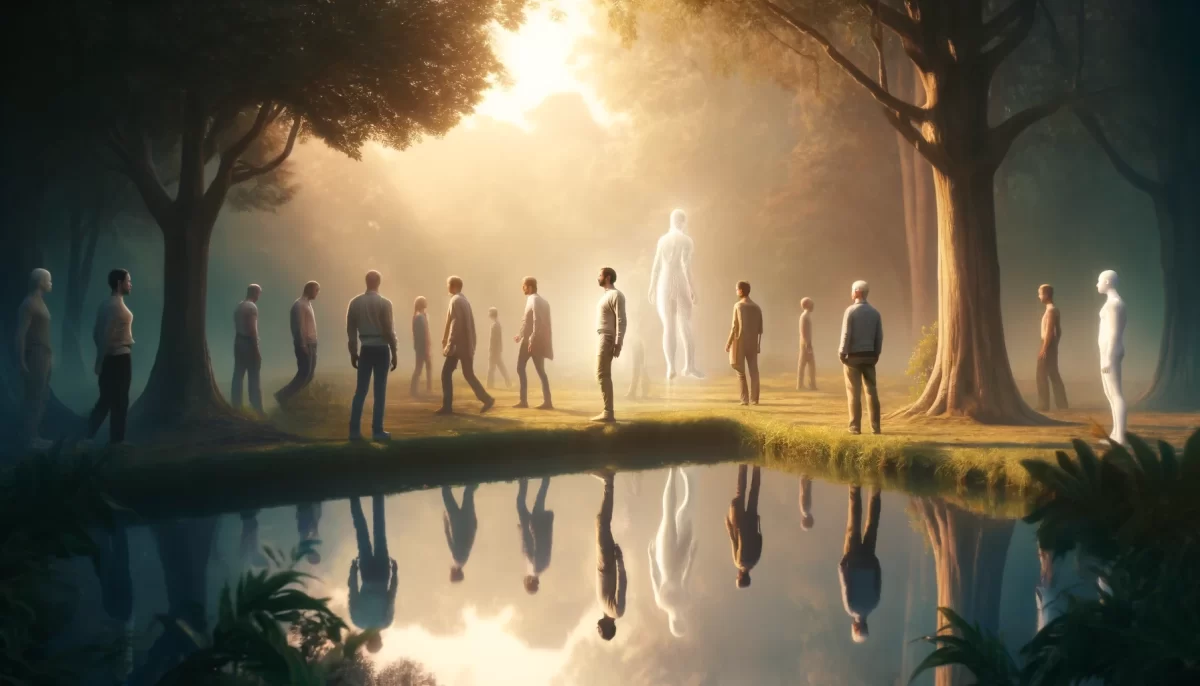


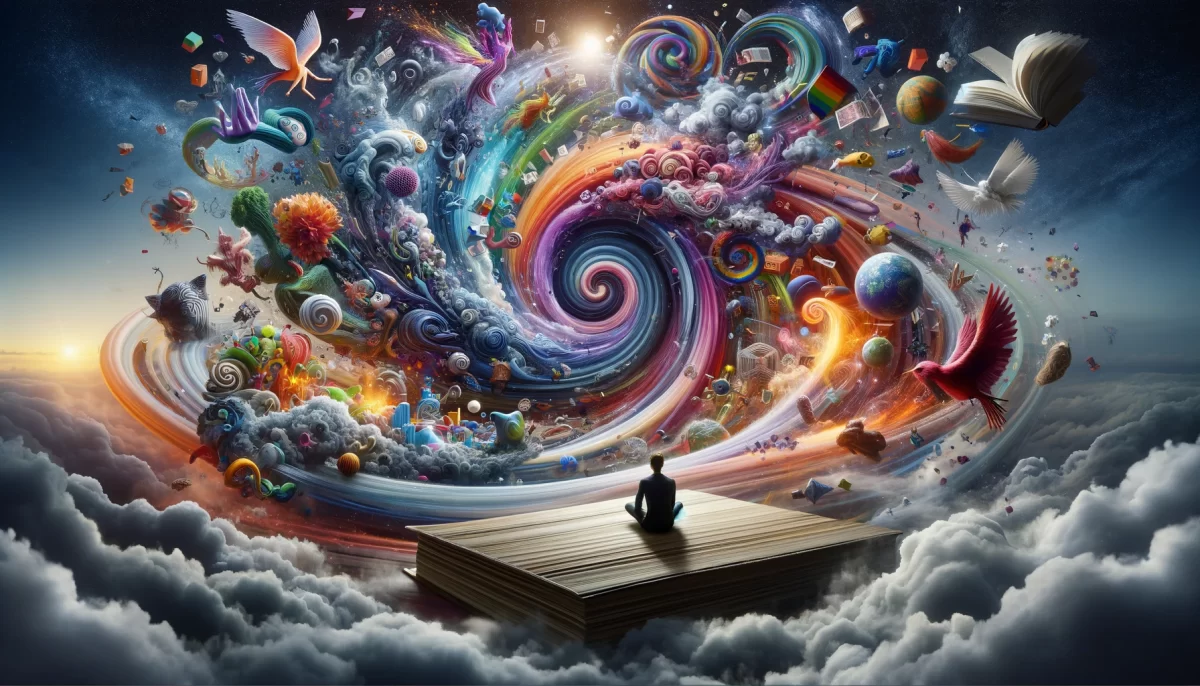
Leave a Reply